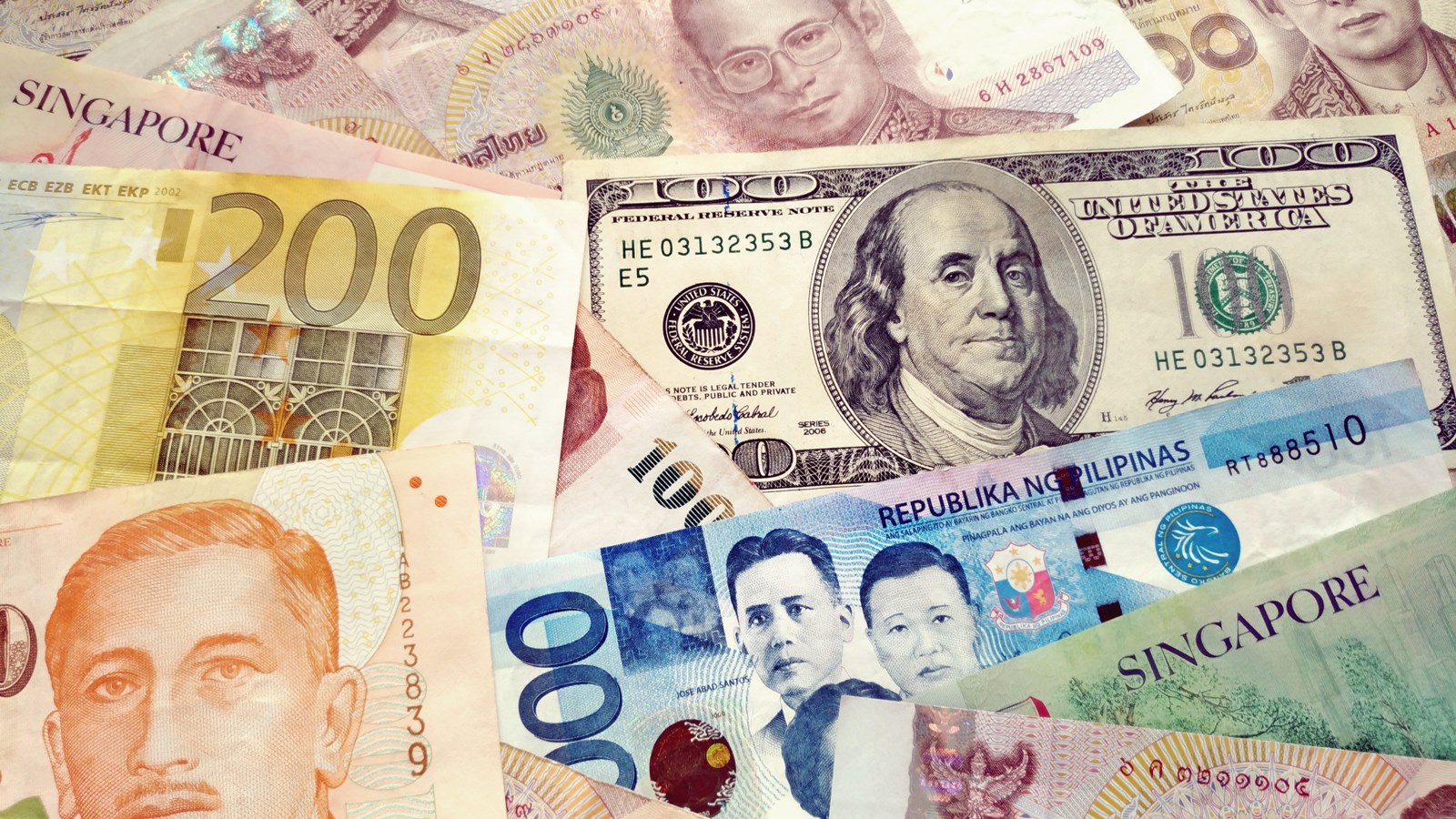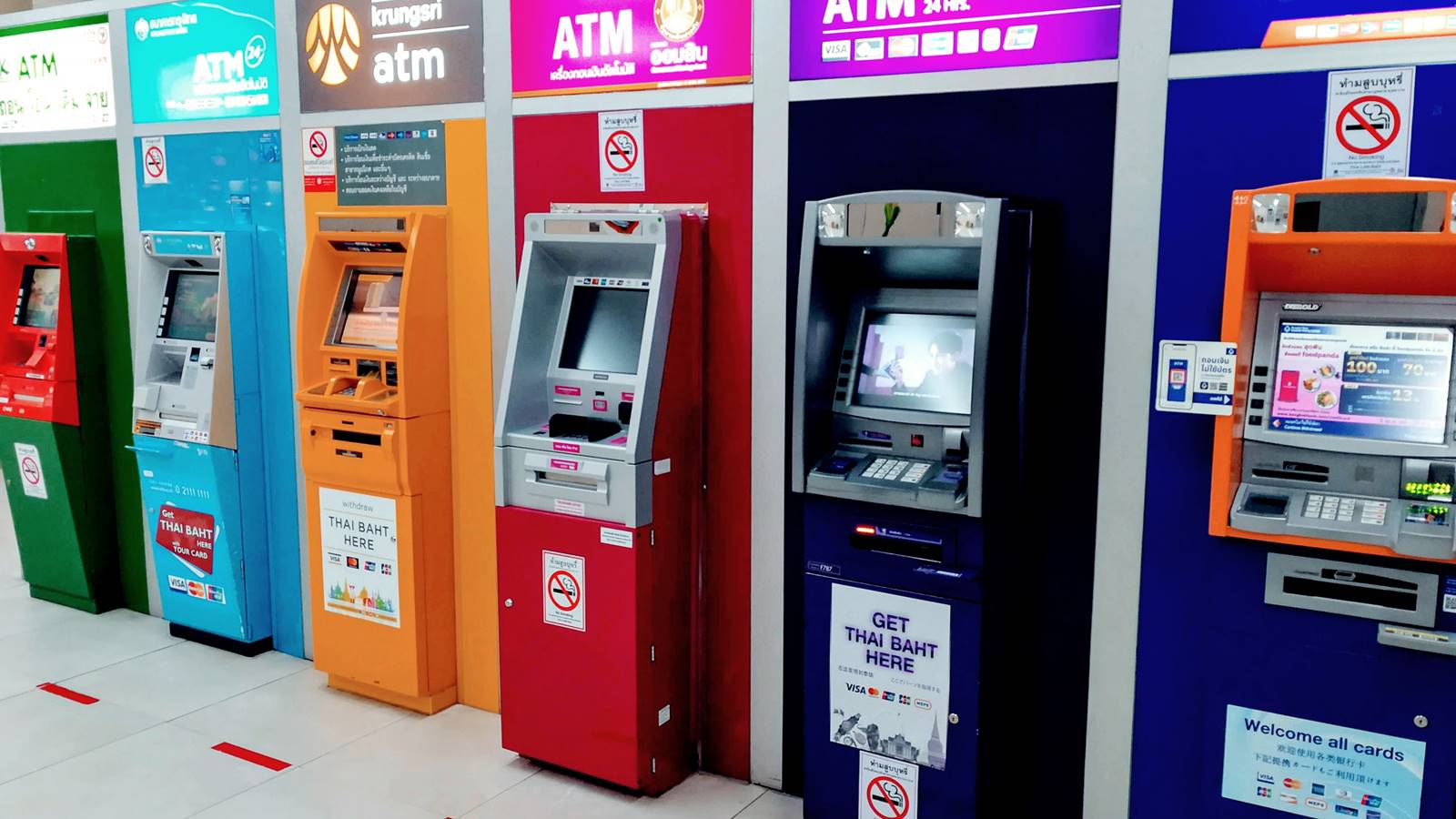BANGKOK (NNT) – Despite a new and wider wave of COVID-19 infections in the country, the Bank of Thailand (BoT) has assessed that the economic impact of the situation will not be as severe as the first wave as the effects of the virus are not as pronounced, and public health preparations, including plans for vaccination, are in place.
Senior Director of Macroeconomics for the BoT Chayawadee Chai-anant explained this week that the central bank does not see the new wave of COVID-19 infections as having as much of an impact on the economy as the first wave, as fewer businesses have had to be suspended and the general public is better prepared.
She added that state measures this time around are also less strict, and should allow the export sector to continue on its growth trajectory. If controls during the first half of the year prove effective, tourism is expected to recover in the latter half.
The BoT foresees however, that recovery will differ depending on the area, as 28 provinces are under strict controls. The 28 being tightly maintained account for half of the nation’s economic activity.
Businesses expected to grow more fragile due to a loss of revenue are those in the service sector as well as the tourism industry, which is already financially weak. An estimated 4.7 million laborers, mostly independents, in red zones are expected to be hard hit by the situation.
The bank believes urgent help is needed for workers and fragile businesses and has been issuing measures alongside the state.
Information and Source
Reporter : Praphorn Praphornkul
Rewriter : Rodney McNeil
National News Bureau & Public Relations : http://thainews.prd.go.th
About the author
National News Bureau of Thailand. Public Relation Department of Thailand






